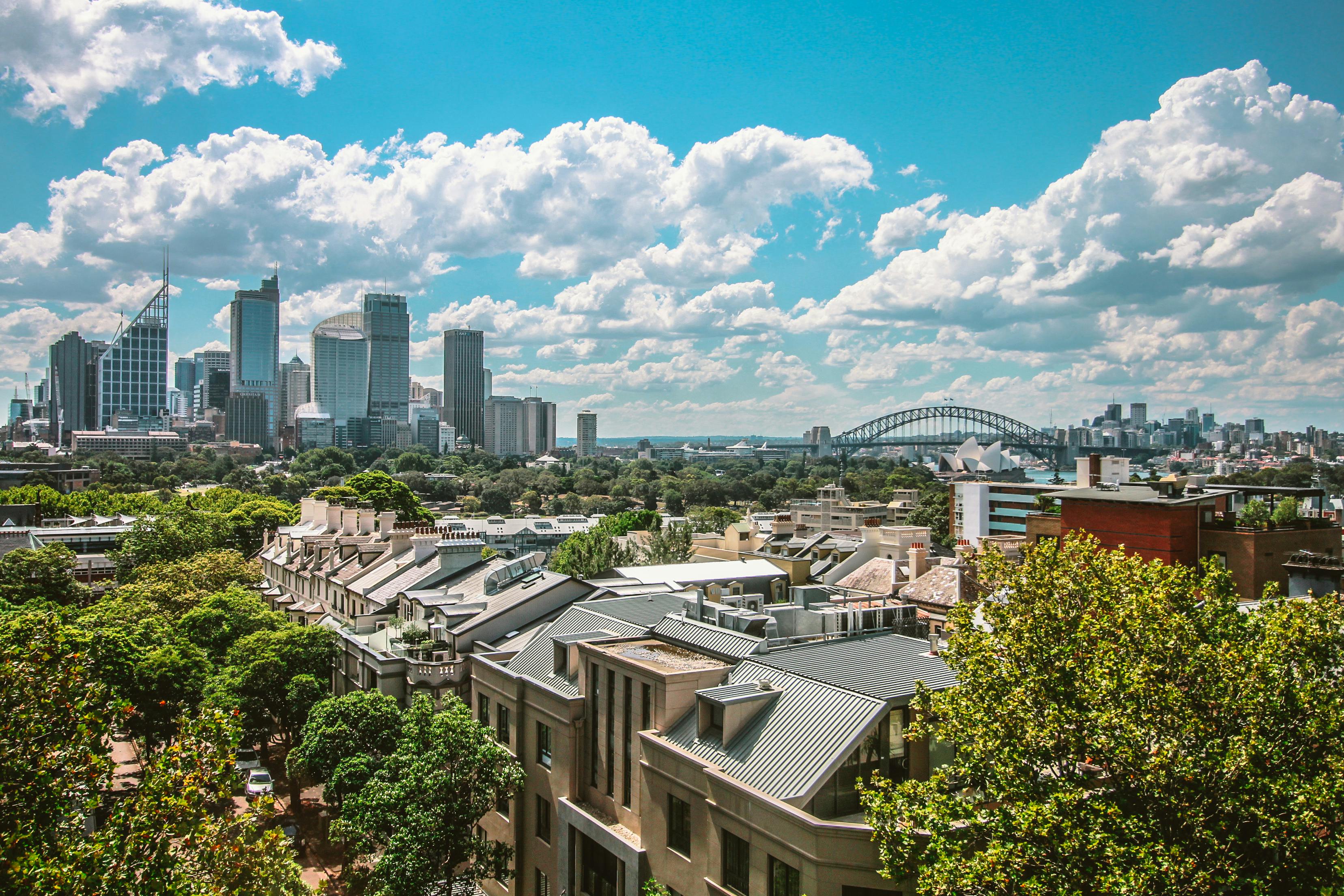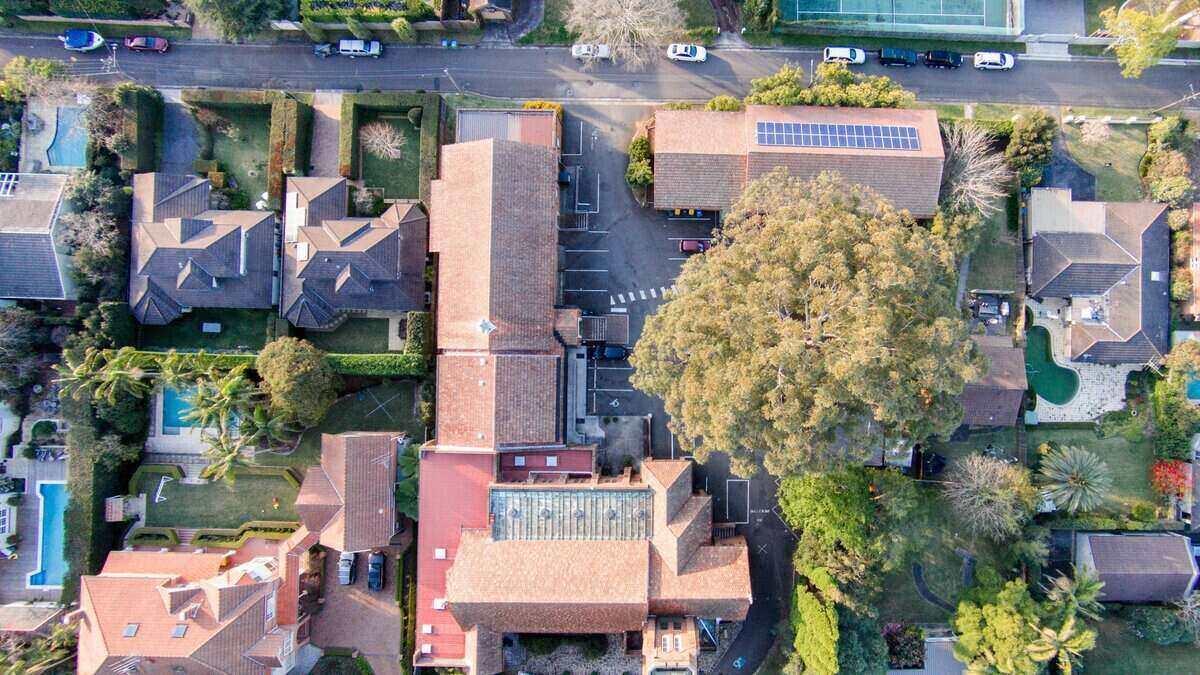The report was undertaken for the Australian Housing and Urban Research Institute (AHURI) by researchers from the University of Sydney and Curtin University.
It investigates how young households aged 25 to 34 in Sydney and Perth are adapting their spending and saving behaviours in order to get their foot on the property ladder.
Increased house prices and the rising cost of living have worsened the challenge of home ownership, with households (even those on moderate incomes) unable to keep pace with market increases through their usual saving and budgeting strategies.
The research found it was no longer feasible for many 25-34 year olds to independently save up enough for the deposit they need to get into the market.
Furthermore, 74% of young adult renters reported they had less than $5,000 in savings - not nearly enough for a home loan deposit.
Dr Laurence Troy, Senior Lecturer in Urbanism at the University of Sydney, said financial diaries given to 20 households revealed young adults are actively using strategies to minimise discretionary spending.
“They’re not spending much on eating out, going out or going on holidays, with the most common saving strategies being cooking at home, including relying on meals of 2-minute noodles and spending less on clothing and household items,” Mr Troy said.
“Instead, the young adults are focused on paying recurring items such as food, petrol and debts, with the biggest challenges being the large irregular, and often unexpected, expenditures such as car repairs and professional insurances.”
The saving strategies implemented by the respondents included:
- Budgeting and opening multiple accounts e.g. separate accounts for different goals
- Paying cash e.g. spending with their everyday account only
- Living with parents
- Reducing spending
This comes despite new Domain research revealing the time it takes for a first home buyer to break into the market with a 20% deposit for an entry-priced property has fallen by up to 13 months.
Domain Chief of Research and Economics Dr Nicola Powell said nationally for a young couple, it’s now become six months quicker to purchase an entry-priced house and two-months quicker for an entry-priced unit compared to a year ago.
“A time machine has been offered to first-home buyers across Australia, as falling property prices in certain cities, higher interest rates accrued on savings and wage growth have aligned to reduce the time to save for an entry-priced property deposit,” Dr Powell said.
Unstable income hampers ability to save
The research identified uncertain and unstable incomes have impacted young households’ ability to save for a deposit.
Over 70% of 25-34 year olds surveyed have had multiple jobs in the last five years, revealing the instability of work that young people experience.
With a 20% deposit on the median dwelling price in Sydney being $220,000 and $106,000 in Perth, more than 95% of the young adult renters surveyed did not come close to having accumulated enough savings for a deposit on a home loan.
Given the challenges in saving through working, over 40% of respondents have turned to other forms of investment to build wealth.
The ‘bank of mum and dad’ is here to help
Approximately 40% of the homeowner hopefuls expect to call on family assistance, whether direct finance or in-kind, to help them achieve their dream.
The ability to access such family support was found to be the single biggest factor in supporting a young adult being able to buy a home.
Thirty-two percent (32%) of respondents in Sydney and 29% in Perth indicated the expectation of financial support from their family.
A further 10% across the cities indicated their family would act as guarantor alone, leaving approximately 60% of respondents who did not expect any help.
“The financial diaries showed for the young people living in Sydney, family support was essential for those who had bought a home,” Dr Troy said.
“For the people living in Perth, it was still possible to buy a home without direct family help, although a number did benefit from both financial and non-financial support from family.”
While family assistance can be beneficial, Dr Troy noted it can potentially lock out those who don’t have supportive families.
“By extension, they’re locked-out of the important wealth building dimension that housing provides particularly into retirement,” he said.
Are government grants actually helping?
The diary participants did not see government support as essential in their journey towards buying a home.
The reported noted this suggests the current government schemes have only succeeded in bringing forward home purchases for those already in a position to buy, and have been relatively unsuccessful in allowing more young adults to become home buyers.
Dr Troy said government policy needs to address the structural issues affecting availability and affordability within the housing market itself.
“Government policy in support of home ownership should move away from giving subsidy in aid of short-term housing deposit challenges, and instead focus on removing long term risks and uncertainties generated through rising asset prices, rising interest rates and precarious labour markets,” he said.
“The government should wind back tax concessions given to property investors that support increasingly polarised and unequal wealth accumulation at the expense of those increasingly locked out of home ownership.
“They should also direct housing expenditure towards supporting the supply of social and affordable housing.”
Advertisement
Buying a home or looking to refinance? The table below features home loans with some of the lowest interest rates on the market for owner occupiers.
| Lender | Home Loan | Interest Rate | Comparison Rate* | Monthly Repayment | Repayment type | Rate Type | Offset | Redraw | Ongoing Fees | Upfront Fees | Max LVR | Lump Sum Repayment | Extra Repayments | Split Loan Option | Tags | Features | Link | Compare | Promoted Product | Disclosure |
|---|---|---|---|---|---|---|---|---|---|---|---|---|---|---|---|---|---|---|---|---|
5.54% p.a. | 5.58% p.a. | $2,852 | Principal & Interest | Variable | $0 | $530 | 90% |
| Promoted | Disclosure | ||||||||||
5.49% p.a. | 5.40% p.a. | $2,836 | Principal & Interest | Variable | $0 | $0 | 80% |
| Promoted | Disclosure | ||||||||||
5.64% p.a. | 5.89% p.a. | $2,883 | Principal & Interest | Variable | $250 | $250 | 60% |
| Promoted | Disclosure | ||||||||||
5.64% p.a. | 5.89% p.a. | $2,883 | Principal & Interest | Variable | $248 | $350 | 60% |
| Disclosure |
Image by pch.vector via Freepik

Ready, Set, Buy!
Learn everything you need to know about buying property – from choosing the right property and home loan, to the purchasing process, tips to save money and more!
With bonus Q&A sheet and Crossword!







 Bea Garcia
Bea Garcia
 Denise Raward
Denise Raward
 Harry O'Sullivan
Harry O'Sullivan
 Alex Brewster
Alex Brewster


